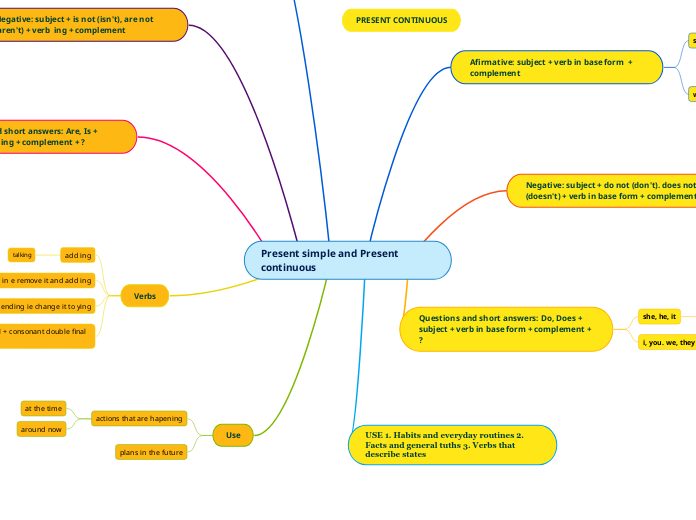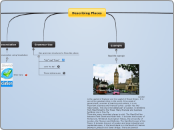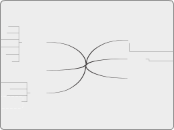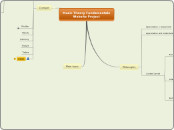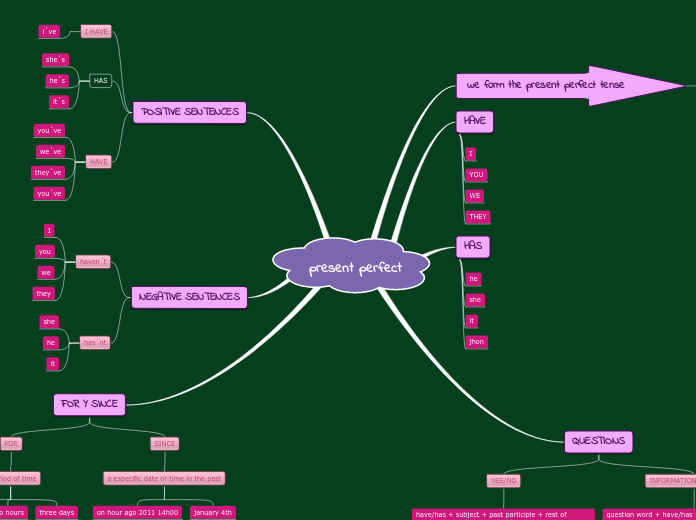PRESENT CONTINUOUS
Present simple and Present continuous
Use
plans in the future
actions that are hapening
around now
at the time
Verbs
(short) consonant + vowel + consonant double final and add ing
running
ending ie change it to ying
studying
ending in e remove it and add ing
taking
add ing
talking
Questions and short answers: Are, Is + subject + verb ing + complement + ?
am
example (drink):Am i drinking enough water?
yes i'm, no i'm not
they, we, you
are
example (sweat): Are they sweating?
yes they are , no they aren't
is
example (talk): Is she still talking with her friend?
Yes, she is, No, she is not
Negative: subject + is not (isn't), are not (aren't) + verb ing + complement
am not ('m not)
i'm not singing well
are not (aren't)
example (walk): They aren't walking fast
is not (isn't)
example (run): the squirrel isn't running
Afirmative: subject + is,are + verb ing + complement
i
am and verb ing
example (do): I'm doing the dishes
we, they, you
are and verb in ing
example (cry): The children are crying because they are hungry
is and verb in ing
example (play): She is playing videogames
USE 1. Habits and everyday routines 2. Facts and general tuths 3. Verbs that describe states
Questions and short answers: Do, Does + subject + verb in base form + complement + ?
i, you. we, they
Do and verb in base form
example (want): Do you want chicken nuggets?
Does and verb in base form
example (read): Does he read everyday?
Negative: subject + do not (don't). does not (doesn't) + verb in base form + complement
we, they, you, i
do not (don't)
example (need): I don't need you anymore
she, he , it
does not (doesn't) add verb in base form
example (cook): She doesn't cook well
Afirmative: subject + verb in base form + complement
we, you, they, i
verb in base form
example (eat): They eat twice a day
she, he, it
verbs ending in consonant y change y ti +ies
example (study): She studies a lot
verbs ending in s, sh, ch, o, x just add +es
example (do): He does his homework
most verbs add +s
example (like): She likes watermelon
